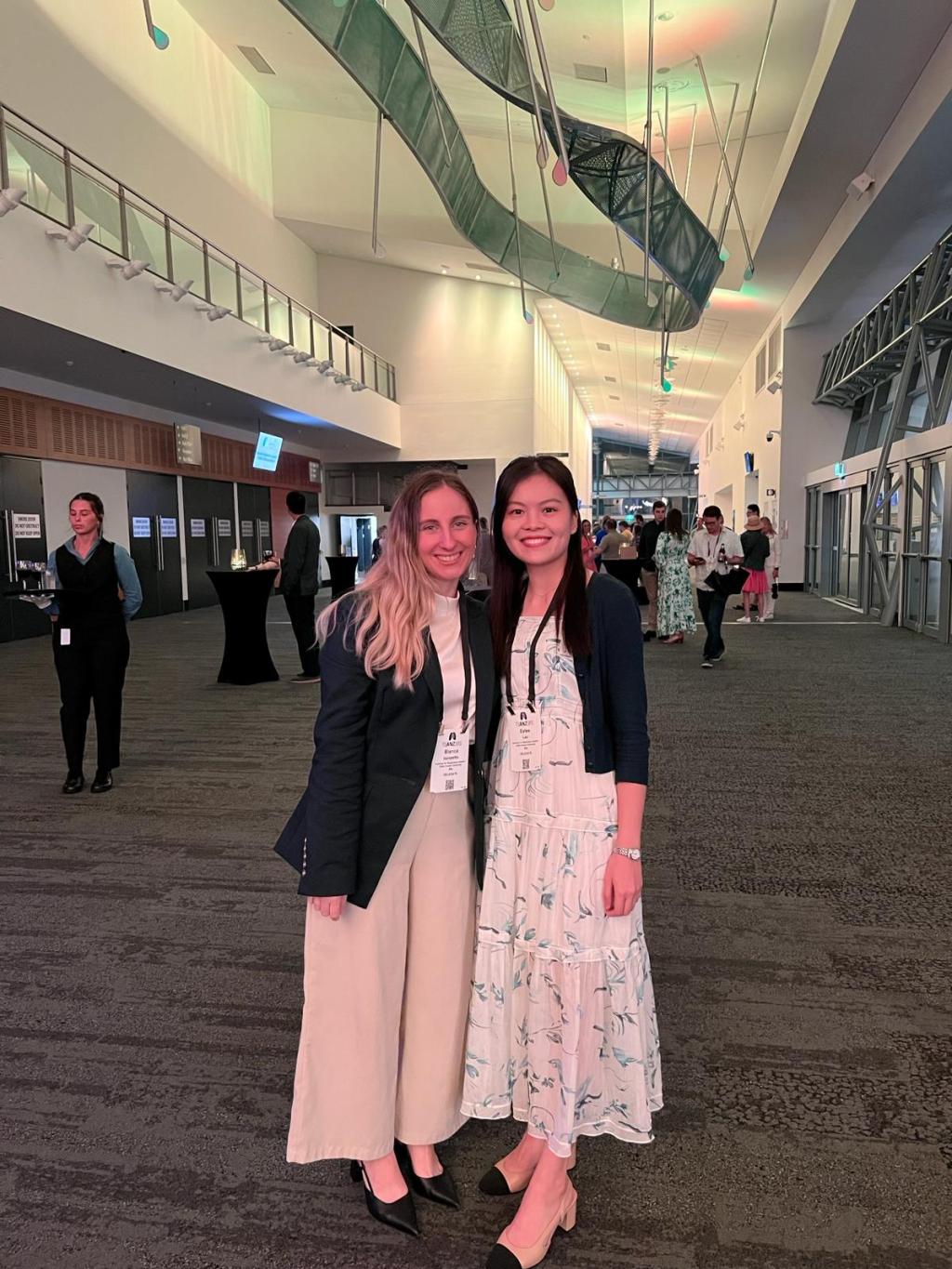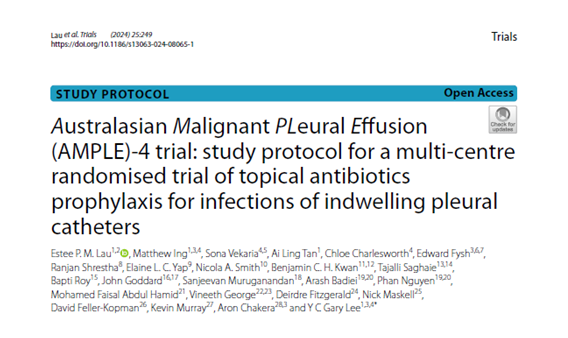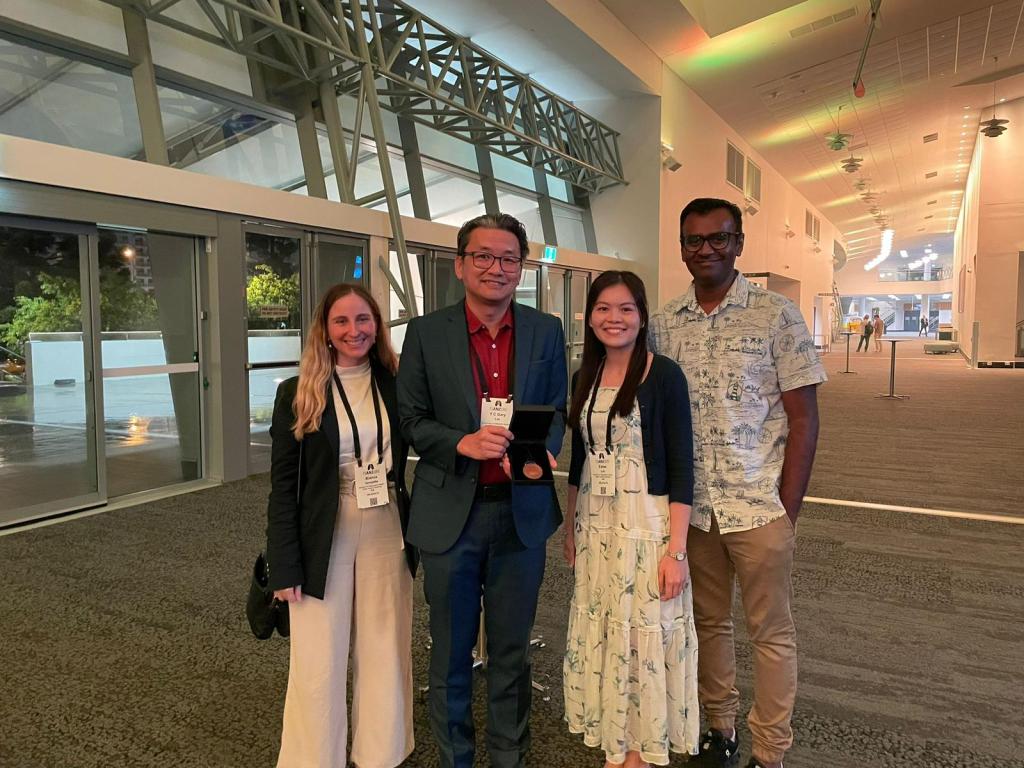About us
In Australia, pleural disease affects 60,000 patients per annum. Pleural malignancies and infections are the commonest causes of exudative pleural effusions, and their incidence, mortality and health-care costs continue to rise. The Pleural Medicine Unit is regarded as one of the most active pleural research groups in the world, and uniquely combines a clinical and a laboratory arm closely integrated with the most active tertiary pleural services in Australasia. The clinical service of the Unit is based at the Respiratory Dept of the Sir Charles Gairdner Hospital. The clinical and laboratory research is based at the University of Western Australia and the Institute for Respiratory Health.
The program focuses on translational research in common pleural diseases, especially cancer and infection, with a strong publication record on clinical trials from Phase I to multicentre randomised trials (RCTs). This is complemented by laboratory research in molecular biology. The focus is to undertake translational research and develop management strategies to improve patient care. Patient mortality and morbidity in malignant pleural effusion have improved as a direct result of this research with the subsequent improvement in clinical practice.
The now established use of indwelling pleural catheter (IPC) services in Western Australia and the treatment of pleural infection using novel intrapleural therapies has also positively impacted on patient care and the patient experience.

The Australasian Pleural Seminars (TAPS) was launched to promote better clinical practice and research in pleural medicine through online lectures and case discussions. It is suitable for doctors or health practitioners looking after patients with pleural diseases. We aim to provide succinct updates and high-quality interactive discussions on topics relevant to patient care. Click here to access to past seminar videos.




